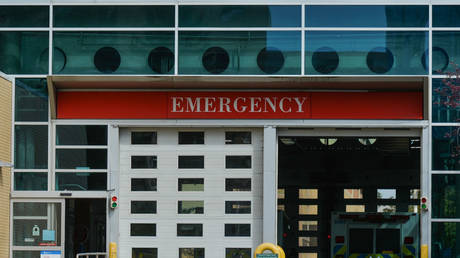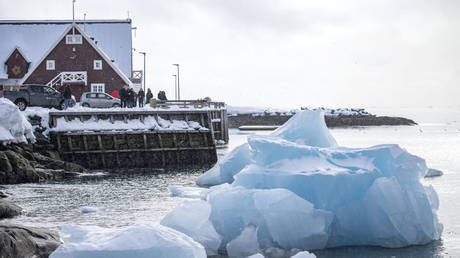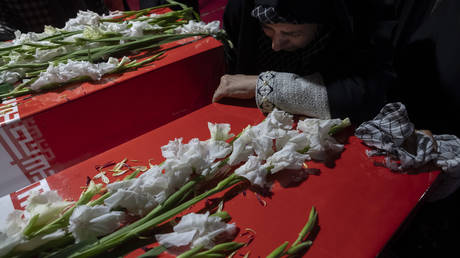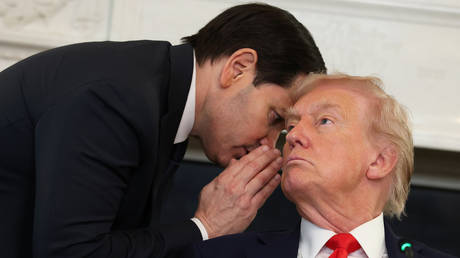
Despite concerns over its reliability, the Alberta provincial government has implemented a Covid-19 vaccine passport program amid a reported fourth wave of infections that has prompted fears of a “collapsing” healthcare system.
Although Alberta Premier Jason Kenney had previously opposed the passport over privacy issues, he said last week that it had become a necessity in order to protect hospitals from being overwhelmed. The province has over 19,000 active cases – the most in the country – with nearly a thousand people hospitalized.
Under this ‘Restrictions Exemption Program,’ businesses and venues are allowed to operate without limits on capacity and other public health measures if they require proof of vaccination or a negative test result. Residents can download and print cards highlighting the dates of their vaccinations as proof.
After the cards became available online on Sunday, however, reports emerged of the printable PDF files being easy to edit since they were not locked.
After Canadian social media users highlighted how easy it was to fake the cards, the province’s health ministry said a “more secure QR code” would be made “available in the coming weeks”.
Kenney had said in a Facebook live video last week that vaccine bookings had nearly tripled in Alberta since the passport program was announced. However, the province has been rocked by a fourth wave of Covid-19 infections – with the Delta variant of the virus said to be behind the surge.
Warning that the province’s healthcare system was “collapsing right in front of our eyes,” the leaders of four of Alberta’s largest health unions have urged Kenney to ask Prime Minister Justin Trudeau to send help from the military and Red Cross.
In a joint letter to the premier sent over the weekend, the union heads stated that there were “no more nurses in our province who can be deployed” to combat the rising caseload. Nor were there any more paramedics, respiratory therapists or support staff on hand.
The letter was sent by four unions representing more than 100,000 healthcare workers – United Nurses of Alberta (UNA), Alberta Union of Provincial Employees (AUPE), Health Sciences Association of Alberta (HSAA) and CUPE Alberta – as well as the Alberta Federation of Labour (AFL).
Although it was also copied to Trudeau, under Canada’s Constitution, the federal government cannot intervene in a provincial matter without a formal request. But even “federal deployment of resources will not be enough [by itself],” the unions stated, calling for “more aggressive action” from Kenney to “reduce the viral transmission that is driving this crisis.”
Earlier this year, the Canadian military had been deployed to support the province of Ontario’s long term-care facilities. Armed Forces members have also helped out at Covid-testing centers in Nova Scotia and provided assistance in Manitoba and the Northwest Territories.
But a spokesperson for Alberta Health Minister Tyler Shandro said that the province had not asked the federal government for military or Red Cross assistance since these would have “limited ability to provide clinical resources.”
If you like this story, share it with a friend!




